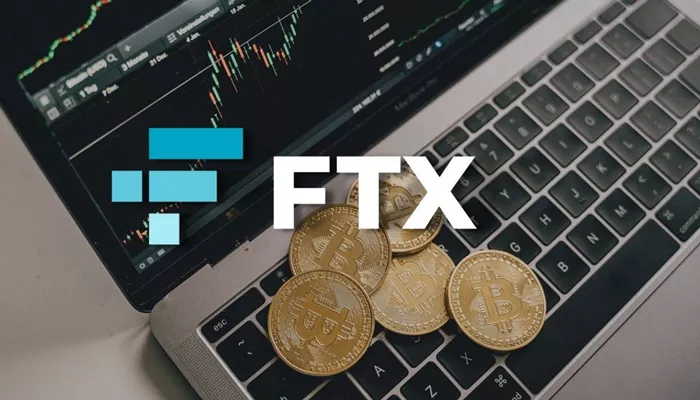FTX, the once-prominent cryptocurrency exchange that collapsed in late 2022, has filed a lawsuit against Binance and its former CEO, Changpeng Zhao, seeking to recover $1.8 billion. The lawsuit alleges that this amount was “fraudulently transferred” from FTX to Binance and its executives during a share repurchase deal executed in July 2021. This legal action highlights the ongoing tensions between two of the largest entities in the cryptocurrency market and raises significant questions about the financial practices within these firms.
The roots of this lawsuit trace back to a transaction involving Binance’s acquisition of a 20% equity stake in FTX in 2019. As FTX grew under the leadership of Sam Bankman-Fried, Binance negotiated to sell its shares back to FTX in mid-2021. According to the lawsuit, the repurchase was funded by FTX’s Alameda Research using tokens valued at approximately $1.76 billion at that time. However, the suit claims that Alameda was insolvent when it financed this transaction, rendering the deal invalid and suggesting that it should not have been allowed to proceed.
In their filing submitted to a Delaware court, FTX’s administrators stated, “By this lawsuit, the Plaintiffs seek to recover, for the benefit of FTX’s creditors, at least $1.76 billion that was fraudulently transferred to Binance and its executives at the expense of FTX creditors.” They are also seeking compensatory and punitive damages to be determined at trial.
In response to the allegations, a spokesperson for Binance characterized the claims as “meritless,” asserting that they would vigorously defend against them. Changpeng Zhao, often referred to as “CZ,” could not be reached for immediate comment regarding the lawsuit. The firm’s denial reflects a broader strategy within Binance to counteract legal challenges stemming from its complex relationship with FTX.
This lawsuit is set against a backdrop of significant upheaval within the cryptocurrency industry. FTX was once considered one of the largest and most influential exchanges globally until its abrupt collapse in November 2022 amid allegations of financial mismanagement and fraud. Following this collapse, Bankman-Fried was sentenced in March 2024 to 25 years in prison for stealing approximately $8 billion from customers, a conviction he is currently appealing.
Binance’s role in this saga has also been scrutinized. Initially positioned as a potential savior for FTX during its liquidity crisis in late 2022, Binance ultimately withdrew its offer to acquire FTX’s non-U.S. operations. This withdrawal is believed to have contributed significantly to FTX’s downfall.
The implications of this lawsuit extend beyond just financial recovery for FTX’s creditors. It underscores ongoing regulatory scrutiny facing both Binance and FTX as they navigate a tumultuous landscape marked by legal battles and public distrust. The cryptocurrency sector has been under increasing pressure from regulators worldwide, particularly following high-profile collapses like that of FTX.
Moreover, Zhao himself faced legal troubles earlier this year when he was sentenced to four months in prison after pleading guilty to violating U.S. anti-money laundering laws related to Binance’s operations. This adds another layer of complexity to his position as he now contends with serious allegations from a former partner.
As this case unfolds, market participants will be closely monitoring developments not only for their potential impact on both companies but also for broader implications within the cryptocurrency ecosystem. Investors are particularly interested in how these legal battles could influence regulatory approaches and investor confidence moving forward.
The outcome of this lawsuit could set important precedents regarding accountability and transparency in cryptocurrency transactions. With billions at stake and numerous stakeholders involved—including creditors who lost substantial amounts during FTX’s collapse—the stakes are high for both parties involved.
In conclusion, as FTX seeks to reclaim funds it alleges were wrongfully transferred during a critical transaction with Binance, the case serves as yet another reminder of the volatility and risks inherent in the cryptocurrency market. The ongoing disputes between these two giants reflect not only personal grievances but also broader systemic issues that continue to challenge the legitimacy and stability of digital asset exchanges.
Read more:

